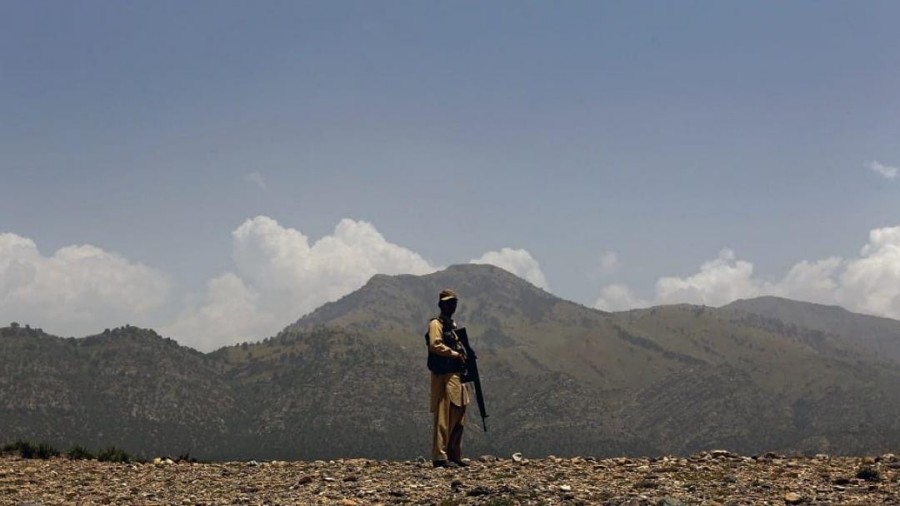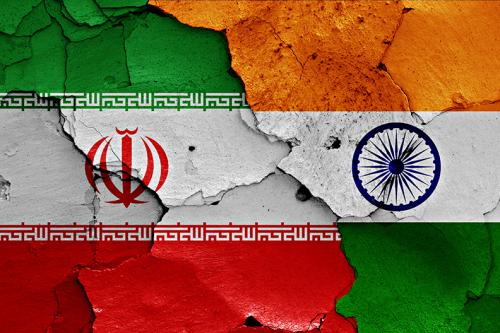Jan Achakzai |
All military Analysts, civilian observers, and professional soldiers now talk of hybrid warfare. The phrase got currency after the annexation of Crimea by the Russian Federation when the US observers believed Moscow demonstrated for the first time hybrid warfare capabilities using various platforms including social media to penetrate western audiences for its narrative acceptance. Russia was credited to win that round of propaganda war from the West which had formidable narrative building capabilities of its own though.
Pakistan is facing an almost similar battle of countering hostile narrative from insurgents, terrorists, and dissidents and it (battle) is being maneuvered by different players set in their boardrooms. Here the war is not declared; there are no uniforms; soldiers are unmasked; targets are ordinary people and the combatants also civilians. The narrative battlefield is the use of social media, with the amplifying force of the audio-visual medium. The highway is the 4G bandwidth which empowers every smartphone.
To counter the twisted narrative, the challenge for the state and governments remains as to how to make the gullible audiences trust them rather than the enemy.
Like every state, Pakistan has its share of its own inherent vulnerabilities and fault-lines. The centripetal and centrifugal tendencies work in tandem. Yet the force and persuasion of centrifugal tendencies have assumed new meaning with its infatuation with social media platforms. Pakistan’s fault-lines more or less fall in the same broad categories: sub-ethnic, religious/sectarian, linguistic, geographic and demographic. Unlike any other country, Pakistan is facing challenges around these fault-lines and they are susceptible to easy manipulation.
For example, Islamabad has pacified restive Balochistan after almost a decade of counter-terrorism and counterinsurgency effort. Yet it has lost the narrative war: the “missing person” issue is cleverly exploited by international HR lobbies, manipulative politicos and foreign-funded civil society activists in order to pin down Pakistani state & its institutions and the issue is not dying any time soon. No state worth its salt would allow armed rebellion and an organized attempt to undermine its monopoly over the use of violence.
Read more: Baluchistan under fifth generation warfare
Every operation conducted enjoyed sanctity and legitimacy bestowed by Pakistan’s Parliament and the seal of approval by the government of the day including the support of the mainstream political forces. Yet vested interest groups continue to brush with militant outfits by adopting their narrative against the state despite the fact that the writ of the state was restored at great loss to men in uniform and ordinary citizens.
The Twisted narrative on missing person is aimed at putting the same security forces in the dock who wiped out foreign sponsored terrorism. To counter the twisted narrative, the challenge for the state and governments remains as to how to make the gullible audiences trust them rather than the enemy.
International broadcasts like the VOA and BBC made it a point to extensively cover and direct the anger of the people to the extent of pitching them against the State of Pakistan.
Again counterterrorism efforts and its lessons in the west of KP (Erstwhile FATA) should be part of the academic literature of war courses in the best military academies of the world. That terrorism was routed in a difficult terrain, with meager resources and huge human losses, is the gist of what went into these CT operations over the last 15 years or so.
Nevertheless, foreign forces smartly cultivated a breed of keyboard warriors under the name of PTM which poisoned the youth with access to smartphones to undercut the achievements of the Pakistani state in bringing peace and stability in this region by pacifying the volatile region of FATA.
The twisted narrative suggests it was not the staging ground of international terror networks but a beacon of peace when the army launched operations and hence a bogey was created to malign the state for the crimes of militants emanating from this region.
Read more: SP Dawar & Information War: Pakistan lost both?
Interestingly, unlike the TTP, PTM is a secular outfit hence serves the agendas of westerners and easterners who blame Pakistan’s Army for the ills of the world, the HR lobbies, vested interest INGOs, propaganda tools like VOA/BBC who are banned in their own capitals, pan-ethnic Afghans, and anti-national Pakistani exiles.
Their narrative is akin to the Indo-US-Afghan narrative and is as follows: the Pakistan military is the culprit for instability in the region; the ISI is the main agency destabilizing its own country & the neighborhood and that terrorism in Pakistan is not the by-product of TTP/NDS/RAW but it’s own making since every terrorist incident is a false-flag operation.
Ironically, the social media amplifies this narrative to an epic proportion, creating a real wedge between subjects (ordinary people) and the state institutions, causing disenchantment among the youth and making it difficult for moderate forces to stand with the state in face of extremely loud voices. So far no strategy is working to debunk these myths perpetuated as a narrative.
As the 4th generational warfare has entered into a critical phase, Islamabad needs to adopt new ways and means to counter emerging threats to its polity and society. But the question is that Is It Ready?
For any honest and culpable lapse(s) by security forces during kinetic operations from Karachi, to FATA to Balochistan can be accounted for by unbiased, apolitical mechanisms but it is not what these groups are seeking. They want to leverage a toxic propaganda to cash in on agendas they signed up to, by their sponsors.
In this behalf, the recent example is of the assassination of brave Police Officer, SP Tahir Dawar, who was killed by the TTP and was found in Afghanistan yet the incident was blamed on Pakistan. The actors were diverse had different agendas yet they successfully leveraged the SP Dawar tragedy in the following way:
1) The mainstream political forces like PPP and PML-N used the tragedy to whip the PTI government as both parties are not happy due to massive anticorruption probe underway by Prime Minister Imran Khan.
Read more: Global War on Terror: Al-Qaeda or extension of geopolitics?
2) Interestingly, Afghan government did not hide its links with the PTM and refused to hand over the corpse of the police officer to Pakistani authorities as the norm dictated, but instead insisted to give it to some PTM stalwarts. They should have come clean on as to how and why Tahir Dawar ended up in Afghanistan and on the question of safe heavens yet they blamed Islamabad for the murder while trying to create a wedge between the people and the state of Pakistan.
3) For PTM itself, it was an opportunity to make Rao-Anwar moment out of the tragedy and put the state on the back foot.
4) Extreme Liberals/Activists voices attempted to openly subvert state institutions for being “guilty” of the murder of the slain police officer.
5) International broadcasts like the VOA and BBC made it a point to extensively cover and direct the anger of the people to the extent of pitching them against the State of Pakistan.
Read more: From ZA Bhutto to Imran Khan-A ray of hope, challenges and…
At a micro level delineating upon the use and misuse of social media platforms, there is no accountability and democratic oversight to check how they become attack space for misinformation, fake news, and twisted narratives. No strategy can compensate for the lack of policy by the government as Pakistani citizens have every right to scrutinize external actors using these platforms.
Pakistani state has won all conflicts that have been raging within its borders but it has lost the war of narrative. As the 4th generational warfare has entered into a critical phase, Islamabad needs to adopt new ways and means to counter emerging threats to its polity and society. But the question is that Is It Ready?
Jan Achakzai is a geopolitical analyst and a politician. He served as an advisor to previous Balochistan Government on media and strategic communication. He remained associated with BBC World Service in London covering South and West Asia. The views expressed in this article are the author’s own and do not necessarily reflect Global Village Space’s editorial policy.














